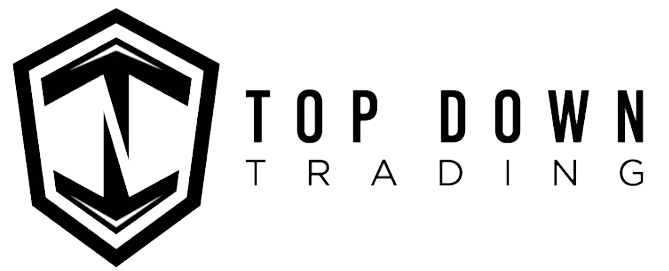In this blog, we'll explore how fashion influences brand perception and why it's crucial for businesses to embrace the power of clothing in crafting a compelling narrative.
The Role of Fashion in Defining Business Identity
In the business world, creating a distinct and memorable identity is essential for success. One often overlooked aspect of branding is the role that fashion plays in shaping a company's image. Whether you're in the realm of branded fashion, wholesale distribution, or designing exquisite pieces, your clothing choices speak volumes about your brand identity.
Fashion as Your Branded Signature:
1. Defining Your Visual Identity:
Just as a designer carefully selects fabrics and colours, businesses must curate their visual identity. Clothing choices, from employee uniforms to the attire worn at corporate events, are an integral part of this identity. Branded fashion becomes a visual symbol of your company's ethos.

2. Consistency Across the Wholesale Spectrum:
For wholesale businesses, maintaining consistency is most important. Your team's fashion choices should reflect your clothing brand values, ensuring that the wholesale experience aligns seamlessly with your brand's vision. This cohesion reinforces your brand's identity in the eyes of customers.
3. Designer Clothing as a Statement:
Embracing designer clothing can elevate your brand's image. Designer clothing can communicate towards commitment to quality and sophistication. Customers often associate designer fashion with excellence and attention to detail.
Impact on Customer Perception:
1. First Impressions Matter:
When customers encounter your clothing brand, the first impression often hinges on the attire of your team. Well-dressed employees exude professionalism and competence. It's akin to walking into a high-end designer boutique versus a discount store—the impression is distinct.

2. Building Trust:
Branded fashion can instill trust in your customers. When they see your team sporting branded attire, it sends a message of reliability and authenticity. Trust is a foundation for lasting customer relationships.
3. Evoking Emotions:
Fashion has the power to evoke emotions. The choice of colours, styles, and even the quality of materials can influence how customers feel about your clothing brand. Whether it's the sleek corporate look or the designer's avant-garde creations, fashion taps into the heart of customer perception.
Embracing Fashion for Brand Success:
1. Fashion as a Storytelling Tool:
Every business has a unique story to tell. Branded fashion can become a potent storytelling tool. For instance, the attire of your team at a wholesale trade show can narrate your commitment to quality and professionalism.
2. Adaptability to Trends:
Staying ahead of fashion trends is crucial. Just as designers evolve their collections, brands must adapt their attire to remain relevant. Being fashion-forward showcases your brand's agility and relevance.

3. Empowering Your Team:
Branded fashion not only impacts customers but also empowers your team. Employees' confidence in their attire translates into their interactions with customers. This confidence is the cornerstone of a successful brand.
Conclusion:
In the realm of business, fashion isn't just clothing; it's a language, a statement, and a means of building a lasting brand identity. Whether you're a clothing wholesaler striving for consistency, a designer crafting unique creations, or a clothing brand aiming to create trust, fashion is your canvas. Embrace it with intention and purpose, for it has the power to define your brand's image in the hearts and minds of customers.
Remember, fashion isn't just about what you wear; it's about the story you tell, the emotions you evoke, and the lasting impression you leave. In the world of business, fashion is more than a choice; it's your brand's identity.
Thank you for reading :-)



